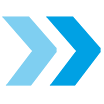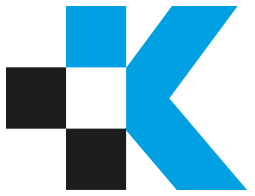 EN
EN
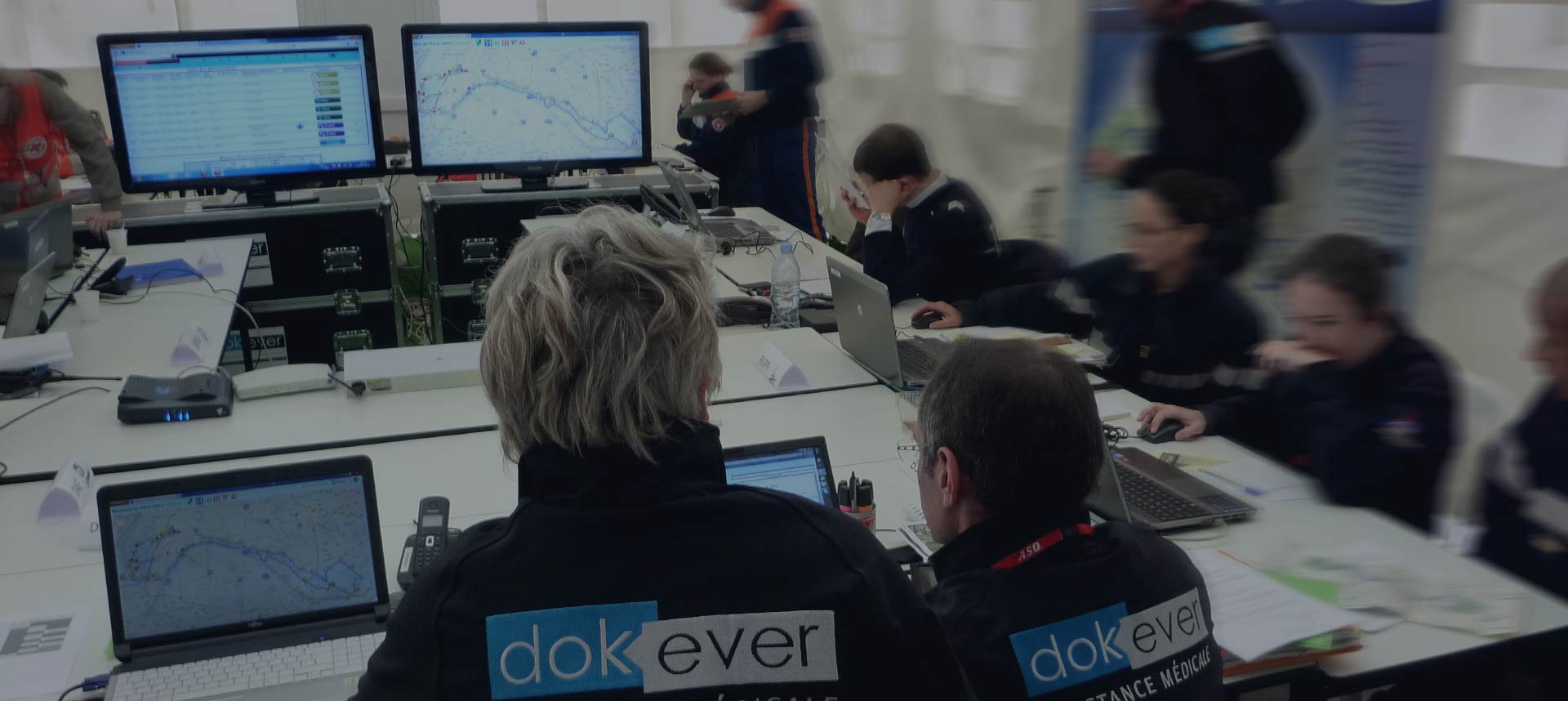
Dokever has developed expertise in data analysis to feed a proactive approach to health/rescue systems.
The sizing of medical staff, as well as their positioning and the necessary equipment (defibrillation, diagnostic protocols, medical bags): our predictive care modeling (according to activity, distance, severity, temperature, etc.) provides an adjusted vision of the necessary medical presence.
Simulation in medical transport: Dokever is also mandated by ATSU 69 (Association of urgent medical transport of the Rhône department), to carry out simulations and calculations of activity rates.
These analyses make it possible to size the ambulance needs and adapt the guard vehicles accordingly.
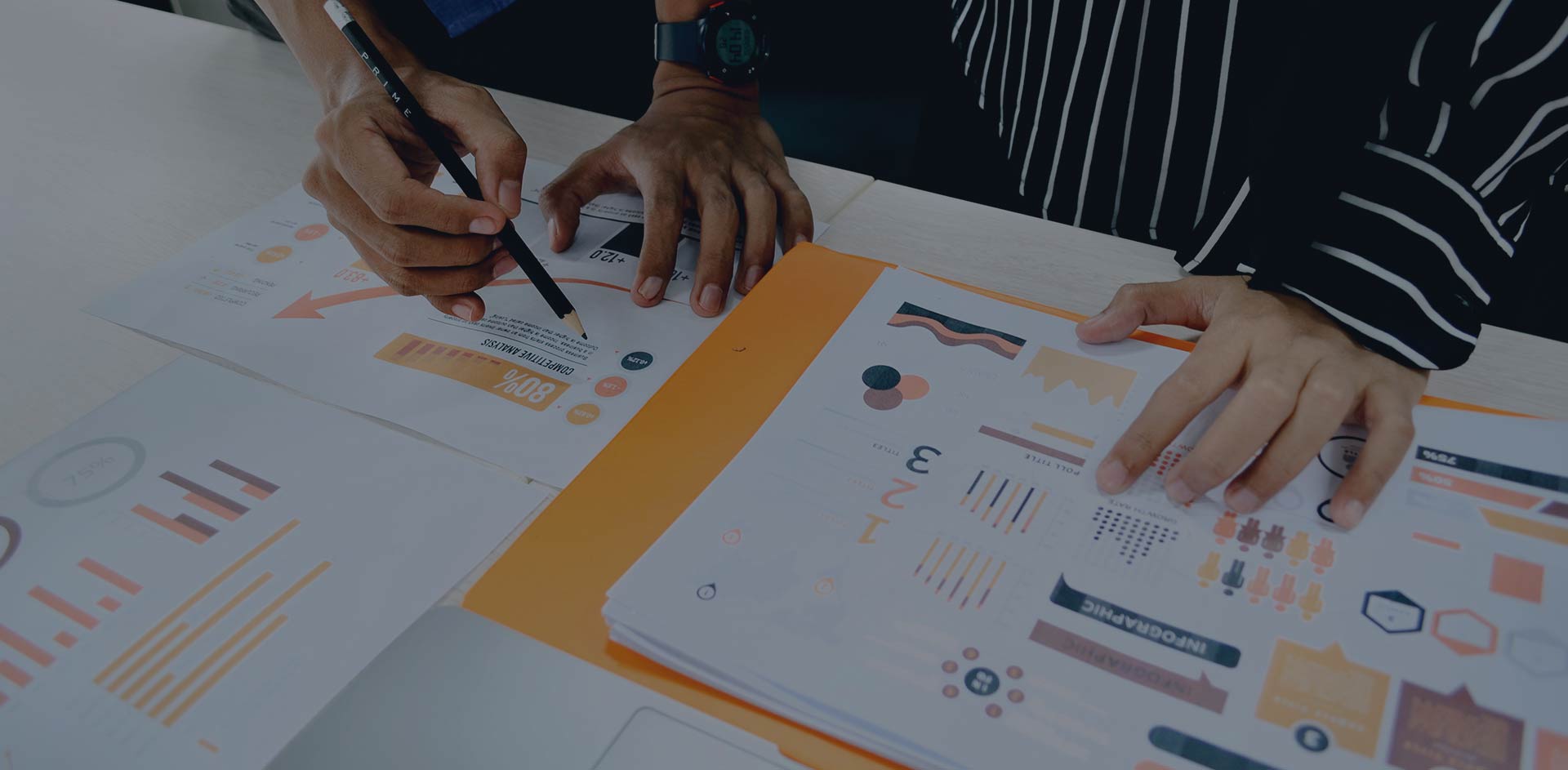
With the analysis of anonymous data from more than 500,000 participants in sporting events each year, Dokever provides feedback and pragmatic recommendations in the development of health systems.
During major marathons or trails, it is not uncommon to take care of more than 1,000 patients and 50 hospitalizations in a few hours. The challenges are then multiple: provide effective care without being overwhelmed, inform families, guarantee total transparency with the authorities, protect rescue teams from a legal point of view, inform the inter-service health and rescue management....
The information flow is structured between the accident, the rescue teams, the first aid station, the command post, the information sent to the authorities and the families.
To ensure the centralization and controlled redistribution of information, we are implementing time-stamping and digital assessment solutions with GPS replay and audio recording to ensure traceability, opposability and reporting (necessary for legal coverage).
The objective is also to analyze post-event data such as the position of interventions, the occupation and resources of the emergency stations, the weather model, to improve the system.
The comparison of treatment rates between Road running and Trail running provides a more precise vision of severe pathologies. Distribution of frequent pathologies: osteoarticular, wound - hematoma & eye problem, disease & allergies, cardiology, respiratory problem, neurological... and their causes (exhaustion of poorly trained athletes, podiatric disorders, duration of the effort).
These analyses make it possible to anticipate the human and material resources dedicated to the management of the most serious cases such as cardiac arrest, hypo / hyperthermia, hyponatremia, rhabdomyolysis and acute renal failure, coma, multiple trauma...
The analysis of care flows allows us to carry out predictive modeling and better size the medical device:
• Study of care flows and hospital admission rates according to activity: Stadium, airport, road running, trail running, cycling, triathlon.
• Occurrence of pathologies according to distance.
• Weather / temperature correlation with admissions to first aid stations.
• Position of requests for help and the occupancy rate of first aid stations.
• Position of cardiac arrests according to the distance of the race, survival analysis...
Organize the command post
Data allows us to have a cross-functional perspective in our coordination role, to ensure inter-service management between Dokever teams and external teams (French Red Cross or SAMU for example) to manage: operators, first aiders, ambulances, mountain bikes, medical motorcycles, specialist doctors, etc.
Build your emergency plan
Data also facilitates the construction of the emergency plan, particularly in trail running, with regulatory analysis and the compliance matrix (FFA and others), the construction of accessibility maps (+ network coverage), consideration of key technical points (FFA), the emergency plan diagram...
Identify risks and develop the medical response to avoid situations where resources are exceeded. Some examples:
• Evolution of methods for sizing a rescue plan (in particular with the analysis of frequent positions of ACRs during the race).
• Better treatment of cardiorespiratory arrest (ACR) in Road Running: introduction of the defibrillator at each kilometer.
• Significant increase in the rate of care linked to the weather: implementation of weather routing, adaptation of staff and the number of ambulances at D-7 and D-3...
• Digitalized decision tree on discomfort and metabolic disorders, ABCDE assessment, access to history.
• Specific training of caregivers in pathologies in trail / ultra-endurance.
• The pre-race briefing is replaced by a health E-learning for all, regardless of the size of the event.
• Standardization of documents operational...
• Educational messages for athletes.
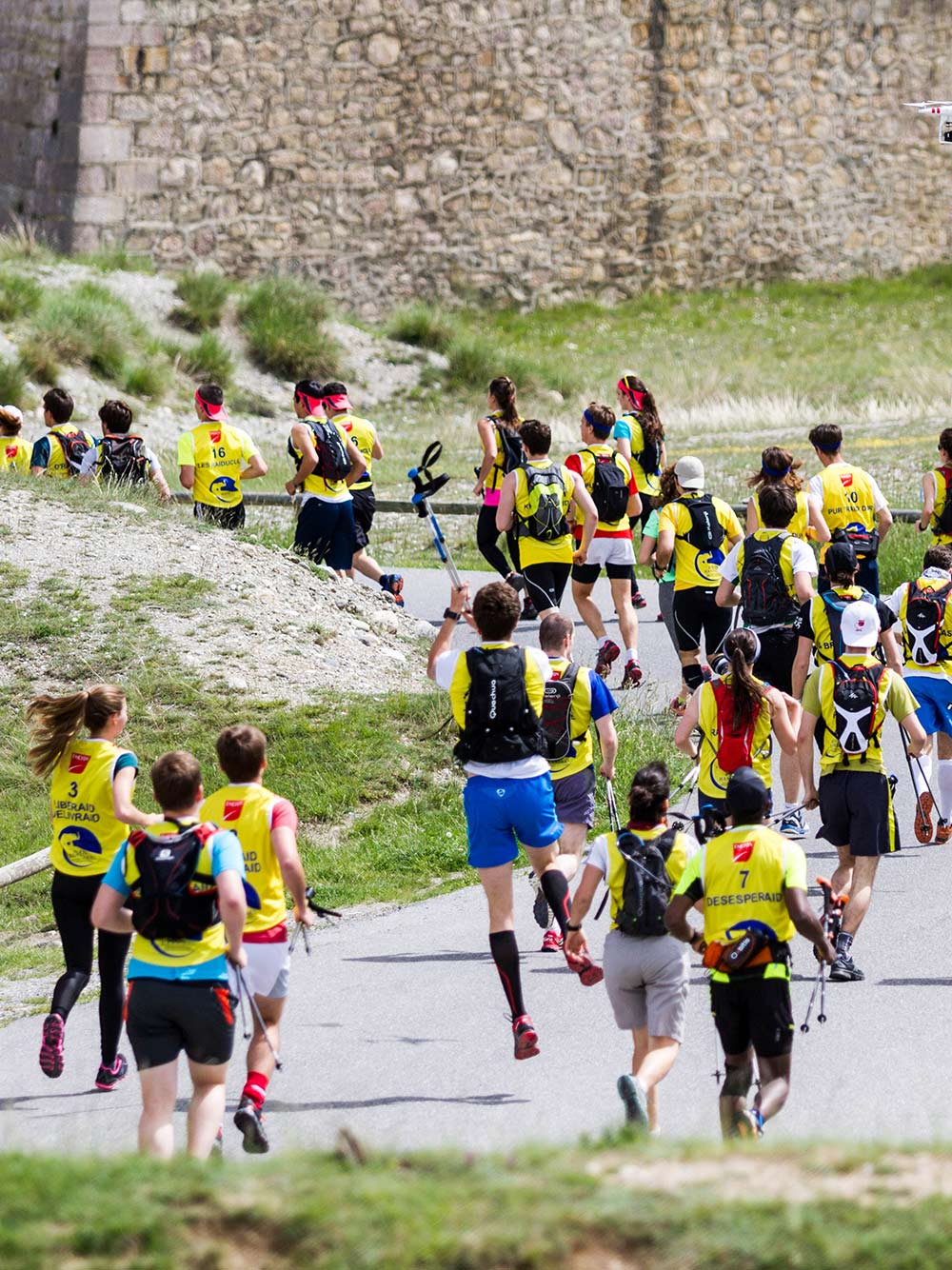
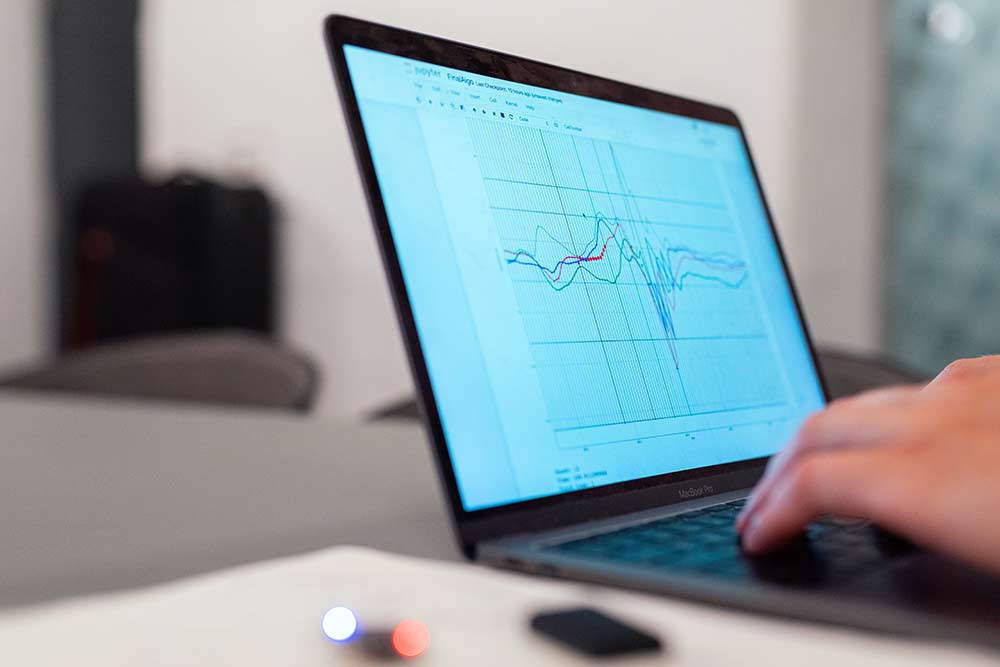
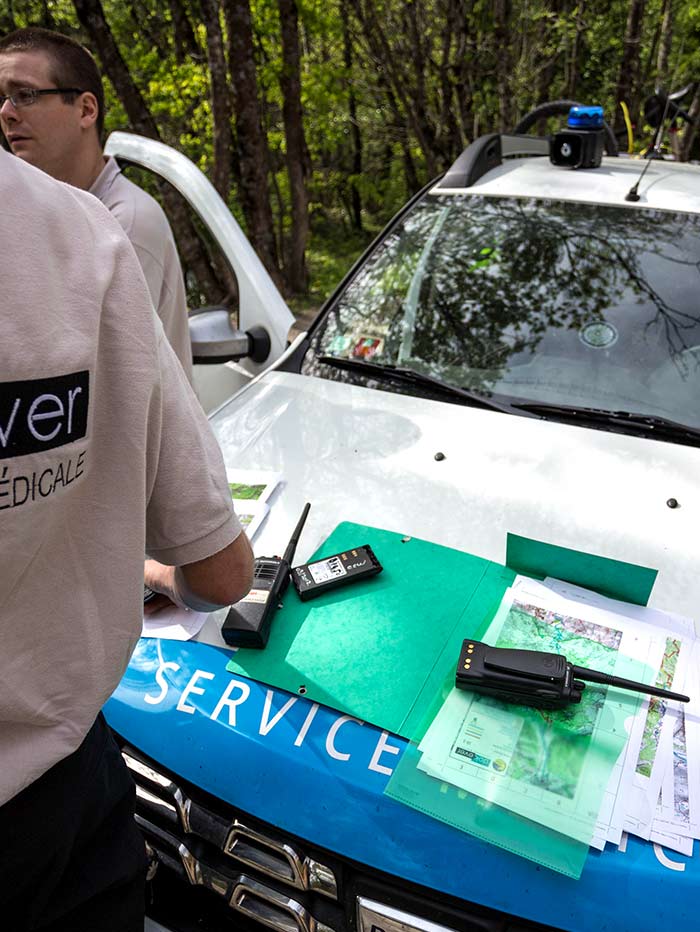
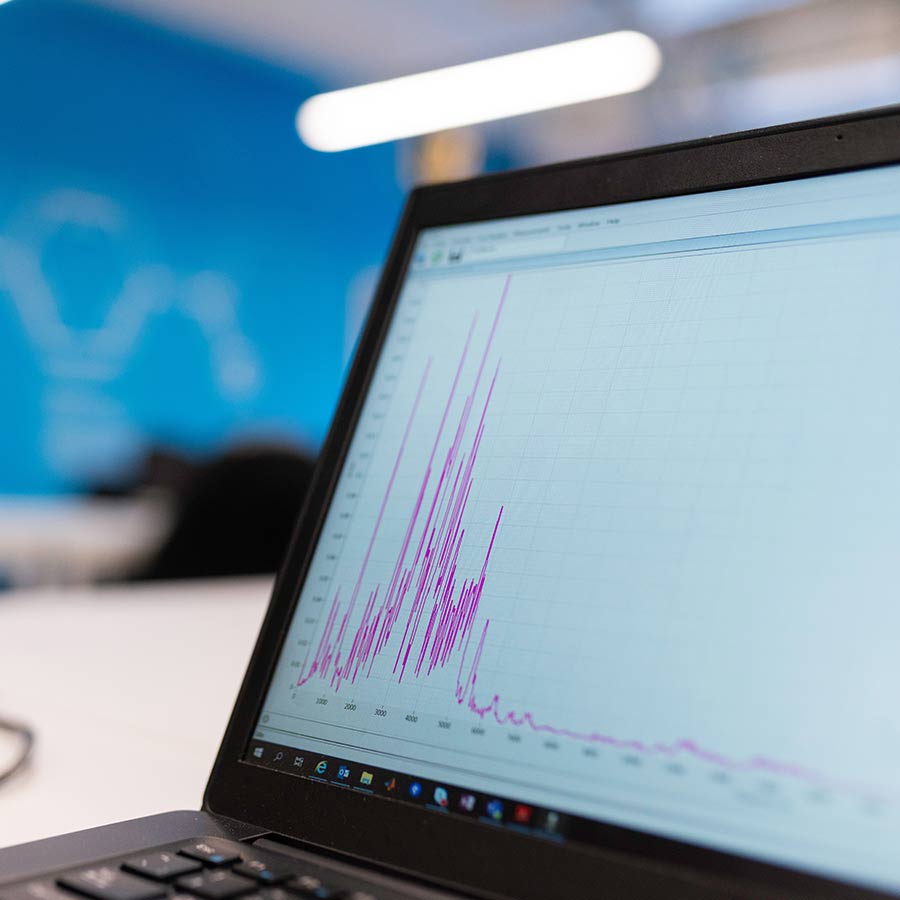
 Data science
Data scienceBetter size the medical staff, the equipment and the construction of the rescue plan:

 Paperless care
Paperless careEnsure medico-legal traceability and improve the diagnosis of caregivers:
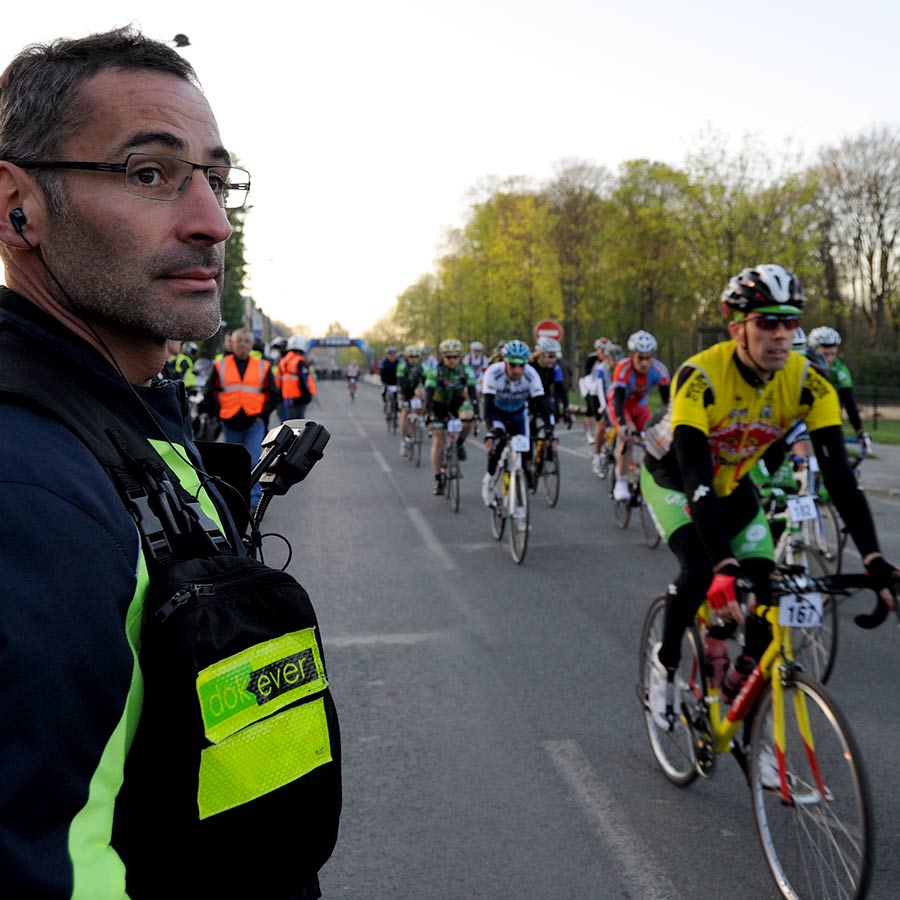
 Go further...
Go further...Use a global solution to medicalize your event:
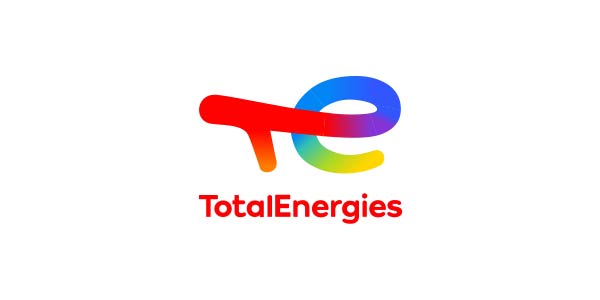

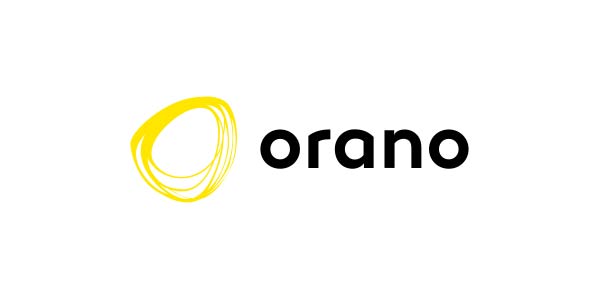
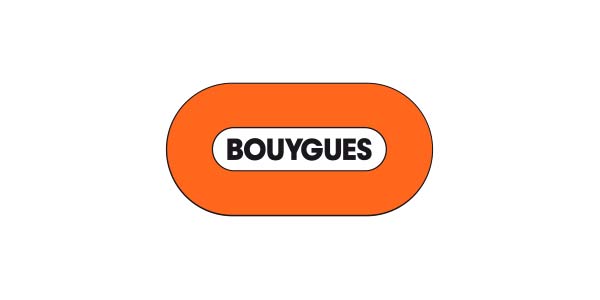
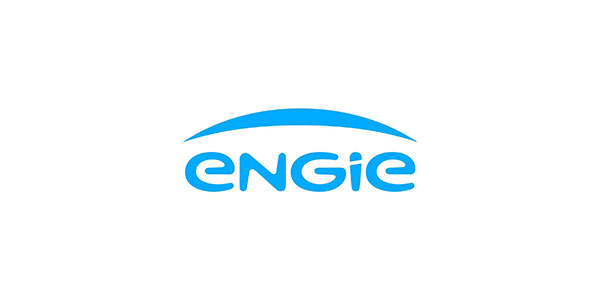
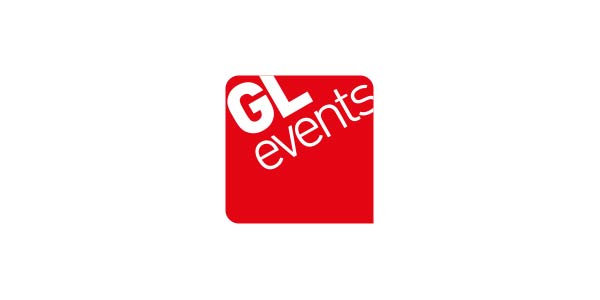

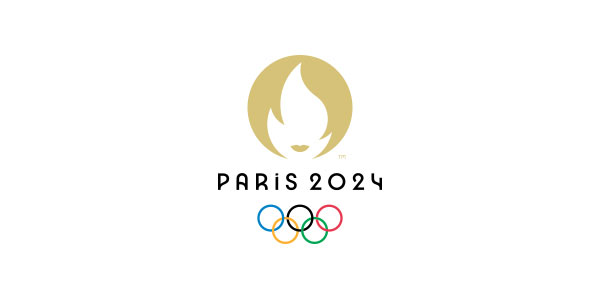


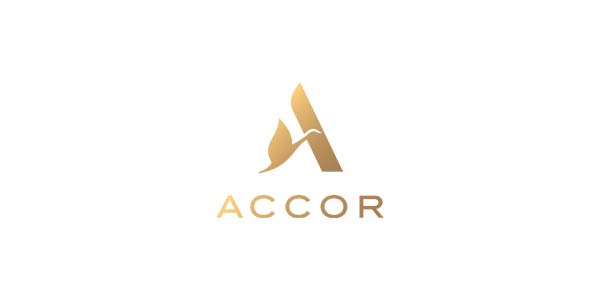

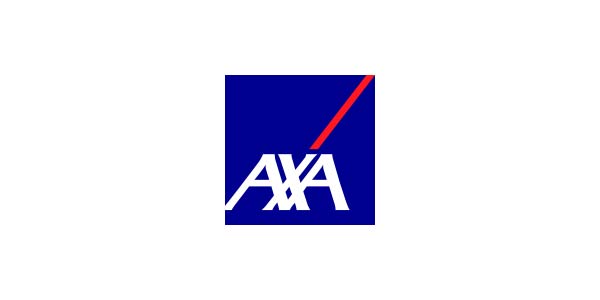
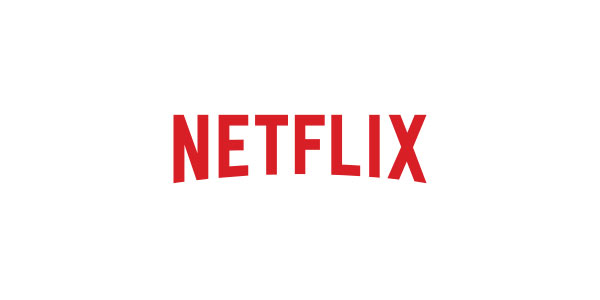
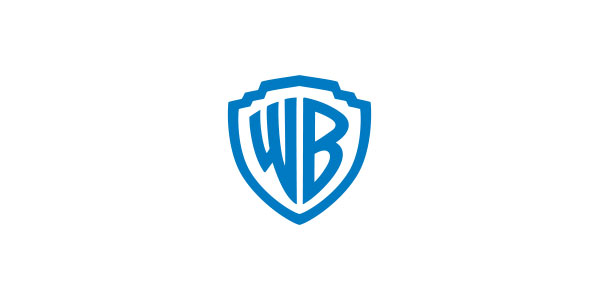
All Dokever events are supervised by a digitalized care file, which guarantees the traceability of health-rescue actions and the legal protection of caregivers and patients.
Our digital solutions optimize on-site resources and improve the quality of the health response.

Do you want to use our digitalized solutions
to improve the sizing of
your health/rescue system?
Our teams advise you according to your needs,
on the different possible options
of our dematerialized care offer.
